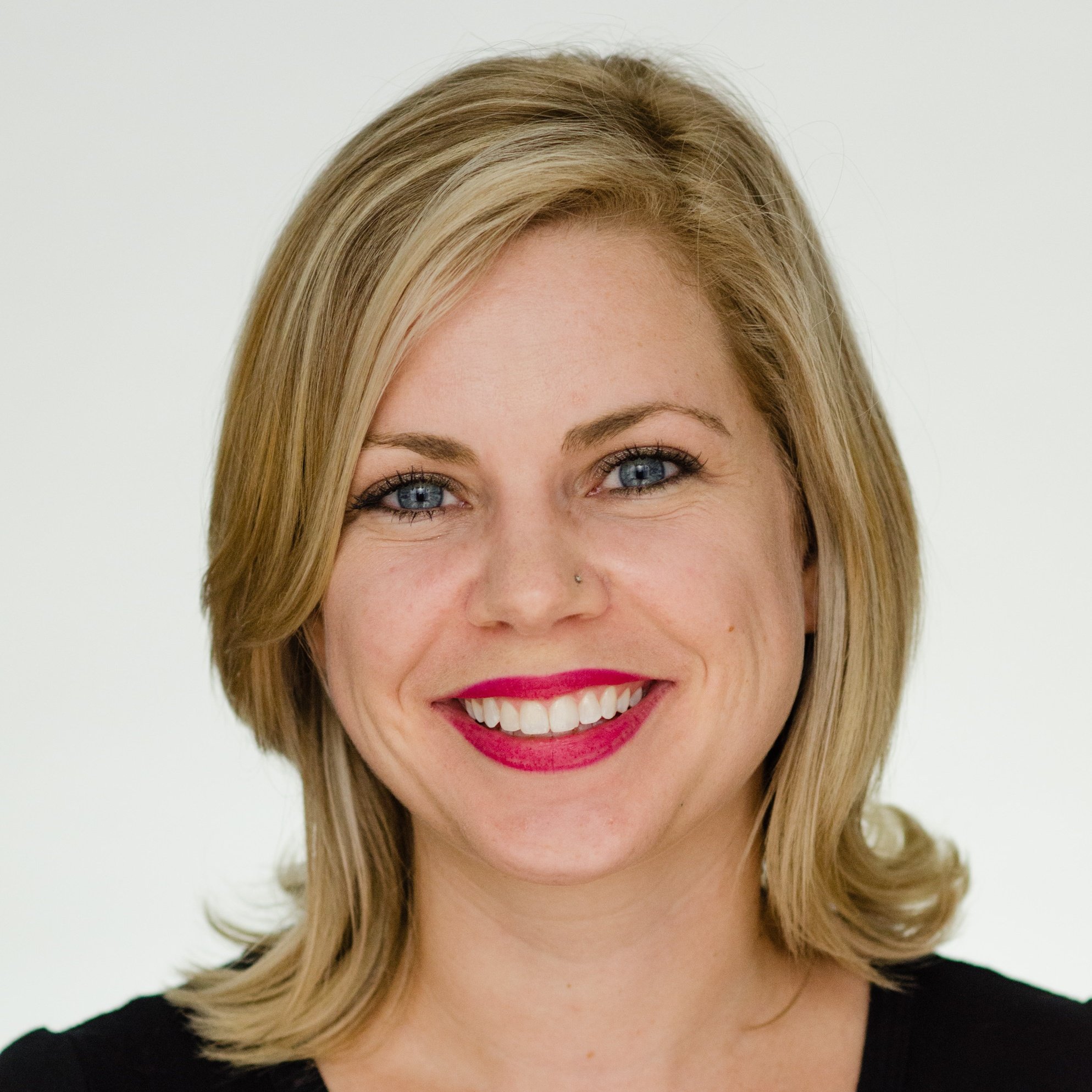
Q&A with Victor Ren, a ThinkCERCA Social Impact Challenge Winner
Victor Ren is a Grade 11 Social Impact Challenge Winner. He attends Southwest Career and Technical Academy in Las Vegas, Nevada and collaborated on his project with a group in his school. Here, we chat with Victor about the Challenge and his winning project.
What were your thoughts about the Social Entrepreneurship Challenge when you first heard about it?
I thought this challenge was a very creative way to help get ideas out into the open. Especially for young adults in the world where they experience whatever hardships they must go through in a day, this challenge gives them the opportunity to help solve them for generations to come. When I saw all the past submissions on the website, I was awed by how many people were able to help their communities in unique ways and how they also benefited from their own ideas.
How did you decide on what problem to solve? Do you have a personal connection to it? Had you been learning about it in class? Or some other way?
My group and I were brainstorming ideas for the project and I remembered hearing something about countries like China are starting to fund routers around the city so that everyone would have access to the internet. So we took that solution and changed it by thinking of a cheaper and more reliable solution that is different than having to put up routers and managing them.
How did you come up with your solution? Did you brainstorm a lot of ideas, or did one great idea come to you suddenly?
We went through countless number of ideas but later turned them down to focus on this one. Our other ideas in our opinion could not generate as much of an impact as this one, or we didn't think that they would do as well in the long run. We thought we could not only act on this idea, but also it would benefit the most people.
What were some of the biggest challenges you found as you worked on your idea? How did you overcome them?
Some of the major challenges we came across during our brainstorm were trying to figure out how to promote our idea in the public. So we decided to use social media sites or sites generate a lot of traffic and post them there. Then people are able to see it and share it with others. Another challenge was the cost. We thought that routers would be too expensive, as their would need to be repairs, and the power of getting it throughout the cities. Small portable USB's would enable it to be easily carried around without having the worry of poor signals and heavy engineering costs.
What was the best or most rewarding part about this project?
The best part of this whole project was actually when we got to present it to our class. That was the first time ever that we as a group got to show off our finished product and take feedback. Not only was it great to show off what we had, but we also got to know what other people thought about it and how to improve it.
What are your plans for the future? Will you continue to work on your idea or on other social enterprise ideas?
How we tackle this project now is based on what the group wants to do, and how things turn out in the future. It would be a dream come true if we could actually get this idea out there and see the world use technology created from us to help better their lives. I would still love to thank everyone who supported this project and my group for helping to get it where it is now. The recognition it is already getting is a huge honor and is very motivating for us.

Elizabeth Riley Boyer is an experienced journalist, digital content strategist, and operations manager. Prior to joining ThinkCERCA, she was part of the founding team at Impact Engine, Chicago’s first social impact investment fund and accelerator. As Impact Engine’s Director of Operations & Communications, Elizabeth oversaw the company’s overall processes, day-to-day planning and finances, curriculum development, marketing strategy, and community outreach.
Elizabeth also spent three years at Chicago magazine, most recently as its Digital Engagement Editor, where she managed the organization’s social media and reader engagement initiatives. Elizabeth also works as a freelance content strategist, writer, and communications consultant. Her recent writings on impact entrepreneurship have been featured by the Huffington Post and Crain’s Chicago Business.
In 2007, Elizabeth helped open a private school for underprivileged children while volunteering for a nonprofit organization in the Dominican Republic. This experience inspired her to quit a paper-pushing job at an insurance brokerage firm to pursue a master’s degree in journalism from Northwestern University. Elizabeth also holds a bachelor’s degree in American studies from the University of Texas at Austin.
